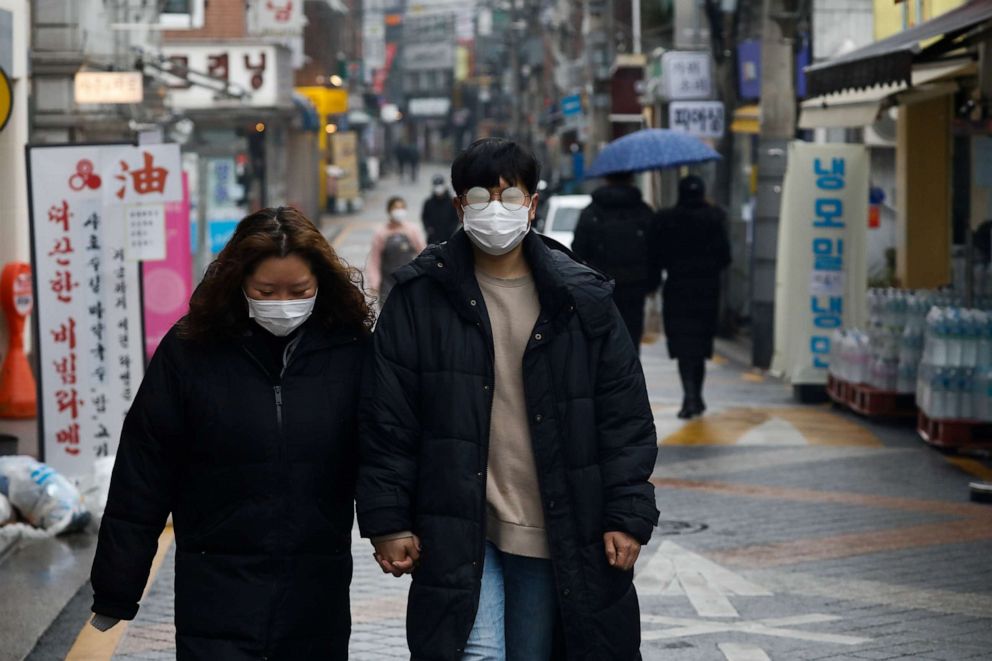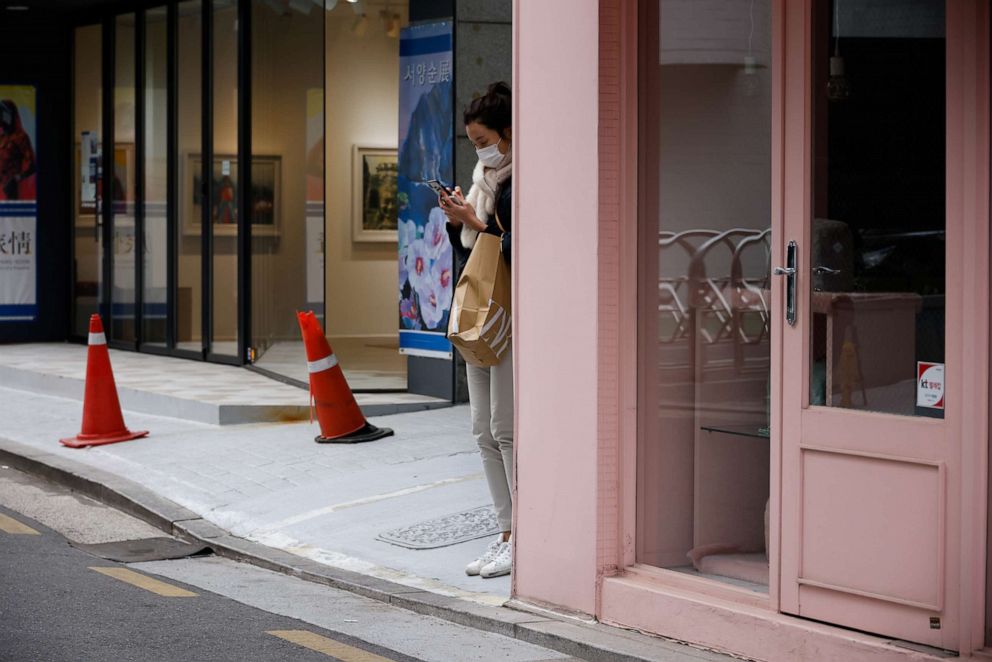South Korea sees more deaths than births for 1st time
Low birth rates forecast a grim future for South Korea.
SEOUL -- The number of deaths in South Korea exceeded the amount of babies born there last year for the first time in the country's history, prompting calls for stronger policies and incentives to revamp demographic growth and sustain the economy.
Births in 2020 were down 10.65% compared to the previous year at 275,815, while deaths were up 3.1% to 307,764, according to the South Korean Ministry of the Interior and Safety’s census. South Korea’s population currently stands at 51,839,408.
"This drop in population is an extremely dire situation," Jung Choun-sook, a women's rights activist and member of South Korea's National Assembly, told ABC News.
South Korea has the lowest fertility rate of any nation in the world, at 0.84, meaning less than one child is born to a mother. The global average is around 2.4 children, according to the United Nations Population Fund.
"In South Korean society, marriages and births cost a considerable lump sum of money. So financial burdens are a big factor," Cho Youngtae, a demography professor at Seoul National University in South Korea's capital, told ABC News. "The economic situation has worsened due to the pandemic, the future is therefore even more uncertain, which means less weddings."

Marriages registered nationwide last year fell 9% compared to the year before, according to Statistics Korea data, indicating birth rates this year will most likely fall steeper than 2020.
Analysts like Eun Ki-Soo, head of the Population Association of Korea, said the reasons why South Korean society is recording such dismal birth rates are complex but that, fundamentally, it comes down to the financial uncertainties that young South Koreans face for the future.
"Economic growth has staggered, there are less jobs, poverty has risen, and the housing shortages. All these have generally affected the population to shrink in the past decades," he told ABC News.

In reality, 70.9% of young men over the age of 19 in South Korea rely on their parents to provide housing, according to a 2020 survey conducted by online recruiting company SaraminHR. Only 29.9% of newlyweds last year were able to afford housing during the first year into marriage, with many supported by their parents, according to Statistics Korea data. Real estate prices have soared to record highs, and it's estimated to take more than 15 years to buy an average priced house, even if one saves his or her entire income, according to the Korea Real Estate Board’s projection last year.
"The fact that marriage and childbirth leads to disadvantage in promotion or personnel transfers at work holds me back from forming a family," said Kim Dongkyu, a plastic surgeon in his early 30s who is firm with his choice to stay single.
Even if a couple weds, planning a family is a far-fetched dream in modern South Korea where people are known to spend unsparingly on children’s education. In 2019, over $19 billion was spent on private education in addition to regular school classes, according to the South Korean Ministry of Education. Three out of four students in elementary, middle and high schools received some kind of extracurricular private education. On average, parents spent approximately $300 on a child’s private after-school tutoring each month.

In an effort to combat the falling marriage and birth rates, the South Korean government has implemented a series of policies and initiatives, including cash incentives. Starting in 2022, every pregnant woman will receive 1 million won ($919.5), then 2 million won ($1,839.1) upon birth. And if both parents opt for childcare leave within the first year of birth, each parent will receive 3 million won ($2,758.6) for three months. Benefits expand for multi-child families, with subsidies offered for college education.
But Eunjin Shin, a 33 year-old bank teller in Seoul, told ABC News that "no one I know makes the decision to have kids based on government policies." She gave birth to her second child last year.
"My district gave me $275 for my second child, although nothing for my firstborn," Shin said. "Monthly subsidies barely cover the cost of diapers, and we pay a babysitter extra from a completely separate pocket."
For a young, working mother of two like Kim Hojeong, these cash bonuses barely cover what she pays her babysitter -- about $2,000 a month.
"Government grant helps when purchasing hundreds of baby products, but it will never solve the low birth rate," Hojeong told ABC News. "What we want is an environment with flexible working hours and affordable public child care that you can trust."
ABC News’ Hakyung Kate Lee, Aaron Kwon and Haley HyunJoo Yang contributed to this report.




